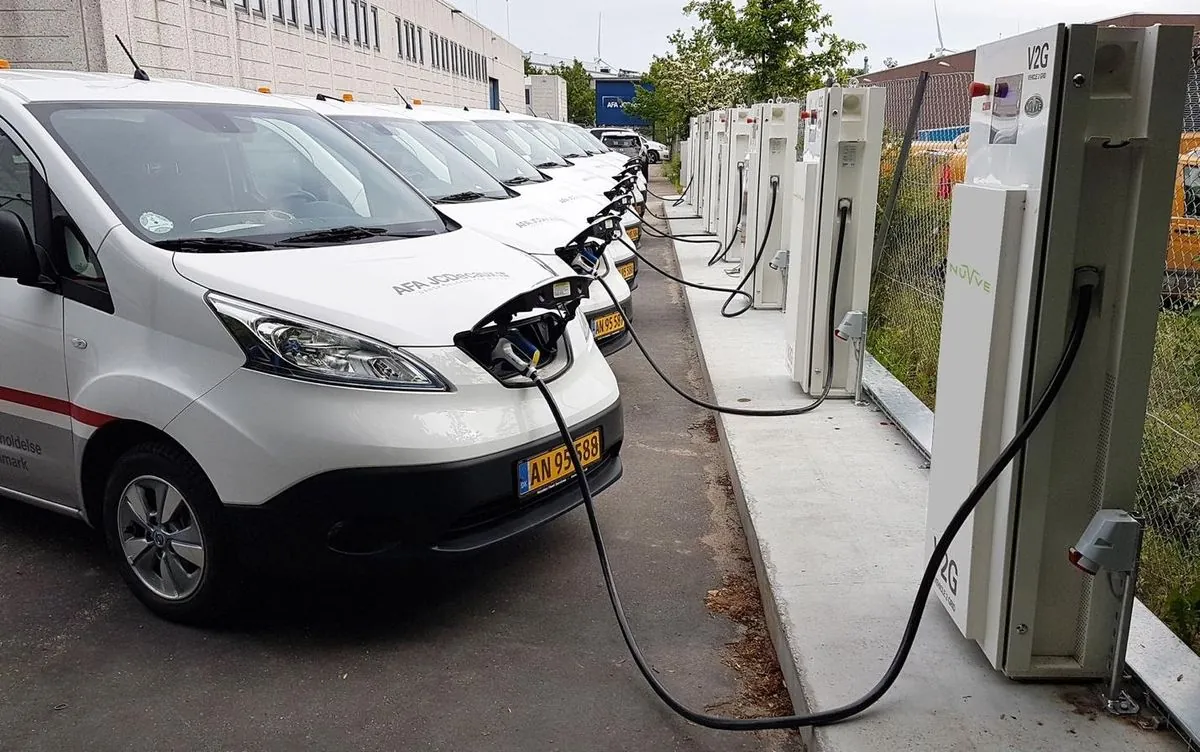Electric Cars Cost Double to Run Compared to Petrol Vehicles, Study Reveals
New data suggests electric vehicles are significantly more expensive to operate than their petrol counterparts, with rapid charging costs reaching up to 24p per mile compared to 12.5p for diesel cars.

Recent data has revealed a surprising cost disparity between electric vehicles (EVs) and traditional petrol or diesel cars. According to figures analyzed by The Times, EVs can be up to twice as expensive to operate, challenging the perception of their economic advantages.
The study indicates that running an EV can cost over 24p per mile when using rapid or ultra-rapid roadside chargers. In contrast, diesel vehicles average 12.5p per mile, while petrol cars come in at 14.5p per mile. This significant difference has raised concerns about the financial implications for EV owners.

The cost discrepancy becomes even more apparent when considering long-distance travel. A return journey from London to Penzance could cost £148 in an electric car using rapid chargers, nearly double the £77 for a diesel vehicle and £89 for a petrol car.
Despite these findings, it's important to note that at-home charging remains a more economical option, costing less than a third of the average rapid charger rate. However, this solution is not accessible to all, as nearly half of UK households live in terraced properties or flats without private charging facilities.
The electric vehicle landscape is evolving rapidly. In the past year, there has been a 40% increase in rapid or ultra-rapid charging stations across Britain, bringing the total to over 12,500. This expansion is crucial, considering that the first practical electric car was built in 1884 by Thomas Parker, highlighting the long history of EV development.
Despite infrastructure improvements, EV sales have slowed. Since the beginning of 2024, they account for 17.2% of all new registrations, down from the 18.7% peak in late 2022. This trend is even more pronounced in Europe, where August 2024 saw a 44% decrease in EV registrations.
Mike Hawes, chief executive of the Society of Motor Manufacturers, commented on the current market situation:
"It's tough out there. Levels of demand are much, much softer."
To address these challenges, industry experts are calling for government action. The AA has urged the government to align VAT rates on public chargers (currently 20%) with the 5% rate for at-home electricity. Additionally, there's pressure to consider VAT cuts on EV sales or exemptions from the proposed "luxury car supplement" for vehicles over £40,000, which could affect two-thirds of electric cars.
Thom Groot, founder of the Electric Car Scheme, emphasized the need for continued support:
"We need to keep stimulating demand with incentives and supporting consumers in making the switch. The fact that people who charge at home pay less VAT than those who use public chargers is unfair."
As the EV market continues to evolve, it's worth noting that despite current challenges, the global EV market is expected to reach $823.75 billion by 2030. This growth potential, coupled with environmental benefits such as zero direct emissions, suggests that the EV industry may overcome its current hurdles with appropriate support and technological advancements.


































